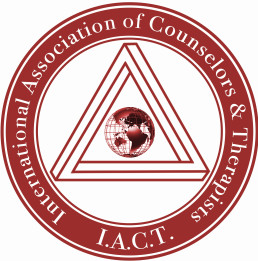We are a Canadian Charity initiating Systemic Change in healthcare
Let us show you what we are doing
Our Educators and Services are Certified by These Leaders in Community Wellness




Questions? - Just Ask - Email: info@tauwellness.com - Phone: 888 241 2992 - OPEN Contact Form
Our Work is Made Possible Through the Support of our Partners and Sponsors


